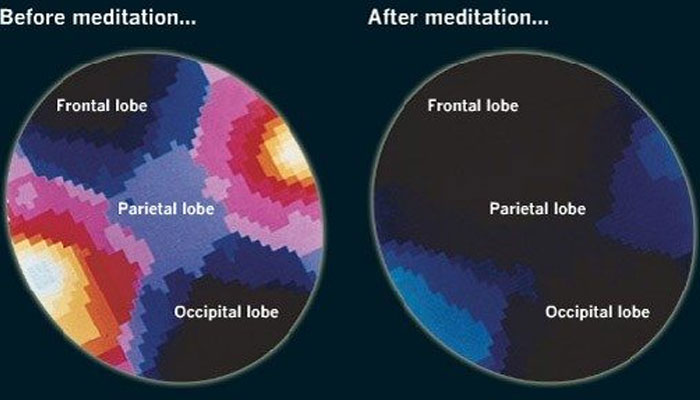Mindfulness meditation: Here's how it can help you
Mindfulness meditation is a private process, and there is more than one way to do it
In a time where expressions like FOMO (fear of missing out) are prevalent, it is important to pause for a moment and be aware of yourself and mindfulness meditation will help you achieve that sense of awareness.
It is the exercise of purposefully being aware of and focused on the present moment. Being mindful enables you to be aware of what is happening; it connects you to yourself, which often gets lost in this fast-paced world. It keeps you in tune with your feelings, emotions and thoughts.
According to Review Journal, while meditating, you concentrate and get rid of the stream of disorganised ideas that can be bothering you and making you stressed. Focusing on this can lead to improved mental and physical health.
Meditation is a private process, and there is more than one way to do it. It’s not about following the pattern but rather what works for you; it can be anything, any position.
However, here are some ways that you can try to meditate in peace:
- Body scan meditation: In this type of meditation, you lie down on your back with your legs and arms straight beside you with your palm facing upwards. Slowly and mindfully feel every part of your body from head to toe or vice versa, feel every sensation or emotion that passes through you.
- Sitting meditation: Sit with your back straight, feet on the ground, hands in your lap, and slowly breathe in and out of your nose.
- Walking meditation: Find a quiet place and go for a slow walk. Focus on the experience of walking; feel every thought and feeling that races through you.
What meditation does to your body?
According to Buffer, the frontal lobe, which is responsible for reasoning, planning, emotions, and self-conscious awareness, tends to go offline. The parietal lobe, which is responsible for processing sensory information about the world, slows down. The thalamus helps us focus our attention on information; mediation reduces the flow of information.
Benefits of mediation:
- Cognitive flexibility
- Diabetes control
- Emotion regulation
- Empathy
- Focus and attention
- Immune system response
- Memory
- Positive emotions
- Positive relationships
- Relaxation
- Self-compassion
- Self-esteem
-
Margot Robbie opens up about imposter syndrome ‘crisis’
-
Hailey Bieber reveals how having ovarian cysts is 'never fun'
-
Sir Elton John details struggle with loss of vision: 'I can't see'
-
What we know about Chris Cornell's final hours
-
5 famous celebrities who beat cancer
-
Oprah Winfrey talks about weight-loss 'tool to manage' health
-
How the world lost Whitney Houston to overdose
-
Late Ozzy Osbourne's 'terribly challenging' life with Parkinson's Disease













